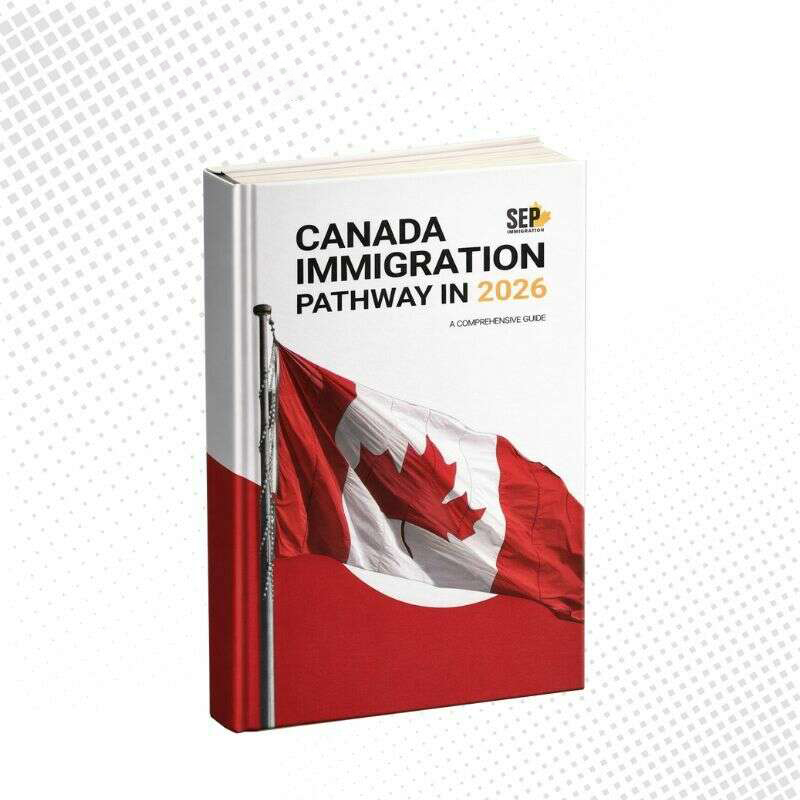
If you’re planning to study in Canada, one of the first things you’ll need is a study permit. This permit allows foreign nationals to study at designated learning institutions (DLIs) in Canada. Most students applying for a study permit will also need to include a Provincial Attestation Letter (PAL) or Territorial Attestation Letter (TAL) with their application.
The study permit is a crucial document that enables you to study legally in Canada, and you’ll need to ensure that you’ve met all the requirements before you apply. Here’s everything you need to know about getting a study permit, the benefits it offers, and the steps to apply.
Table of Contents
ToggleWhat Is a Study Permit?
A study permit is an official document issued by the Canadian government that allows international students to study at DLIs in Canada. It’s important to understand that a study permit is not a visa.
While the permit allows you to study, you may also need a visa or electronic travel authorization (eTA) to enter Canada. The permit is necessary for most foreign nationals looking to study in Canada, except for a few specific exemptions. You must apply for this permit before arriving in Canada, and ensure all your documents, including the PAL/TAL, are in order.
The PAL or TAL is required in most cases to demonstrate that you are eligible for your chosen program of study. Without this letter, your application may be returned. The study permit also outlines any specific conditions, such as whether you are allowed to work during your studies or if you have restrictions on where you can study.
Benefits of Study Permit in Canada
Holding a study permit in Canada comes with several key benefits. First, it allows you to stay in the country legally while pursuing your education. This is essential for maintaining legal residency status while studying.
Another major advantage is the opportunity to work. Most students with a study permit are allowed to work part-time (up to 20 hours per week) during regular school terms and full-time during scheduled breaks. This can help you cover living expenses and gain valuable work experience in Canada.
Additionally, a study permit may also be a pathway to permanent residency. Upon completing your studies, you may be eligible to apply for a Post-Graduate Work Permit (PGWP), which can open doors to further employment opportunities in Canada.
A study permit allows you to bring close family members to Canada, and in some cases, your spouse or partner may be eligible for an open work permit.
How Long Does It Take to Get a Study Permit?
The time it takes to process a study permit application varies based on several factors, including your home country and whether you apply through the regular stream or the Student Direct Stream (SDS). On average, processing times can range from a few weeks to several months.
For faster processing, students from certain countries may be eligible for the SDS, which can significantly reduce waiting times. Countries like China, India, Vietnam, and the Philippines are included in this stream, which prioritizes applications and often results in faster approvals, provided all required documents are submitted. It’s essential to have a complete and accurate application to avoid delays, as missing documents can cause processing to stall.
Canada Study Permit Fee
The fee for applying for a study permit in Canada is currently $150 CAD. In addition to the application fee, you may also need to pay for biometrics collection, which costs an additional $85 CAD. These fees are non-refundable, even if your application is rejected, so make sure your application is thorough and complete.
Other potential costs include medical exams or police certificates, which might be required depending on your home country or personal situation. Make sure to account for these additional expenses when budgeting for your study permit.
How to Apply for Study Permit
Applying for a study permit requires careful planning and preparation. The first step is to gather all the required documents, including your letter of acceptance from a DLI and your PAL/TAL if needed. Once you have all the necessary documents, you can submit your application online.
The process involves several steps:
- Gather Documents: You’ll need your proof of acceptance from a DLI, a valid passport, proof of financial support, and your PAL or TAL. You may also need additional documents like a medical exam or police certificate.
- Submit Application: Once your documents are ready, you’ll submit your application online. Make sure all fields are filled out correctly to avoid delays.
- Biometrics and Additional Info: After submitting your application, you may be asked to provide biometrics (fingerprints and photo) or attend an interview at your local visa office. In some cases, you may also need to provide further documentation.
- Wait for Approval: Processing times vary, but once your application is approved, you’ll receive a letter of introduction and, if required, a visa or eTA to enter Canada.
- Arrival in Canada: Once you arrive in Canada, present your letter of introduction to a border services officer, who will issue your study permit. You’ll need to bring all the documents you used for your application to ensure a smooth entry.
If you need assistance with your study permit application or have any questions, SEP Immigration is here to help. Our team can guide you through the process and ensure your application is completed successfully. Reach out to us today to get started on your journey to studying in Canada!
FAQs
A study permit allows you to study in Canada, while a student visa (or eTA) allows you to enter the country. You may need both, depending on your nationality.
Yes, most study permits allow students to work part-time (up to 20 hours per week) during school terms and full-time during breaks.
The fastest way is through the Student Direct Stream (SDS), available to residents of specific countries. This stream prioritizes study permit applications and reduces processing times.
No, you must wait for your study permit to be approved before traveling to Canada. In some cases, students already in Canada may apply for extensions or status restoration.
Yes, after completing two years of study, you may be eligible for a Post-Graduate Work Permit (PGWP), which allows you to stay and work in Canada for up to three years.




